Hydrangeas are prized for their colorful blooms, but these flowering shrubs can make cats sick if they nibble on any part of the plant. While some hydrangea varieties are more toxic than others, each has the potential to poison cats. Here's how to keep your kitty safe and protected.
Why Are Hydrangeas Poisonous to Cats?
Hydrangeas contain chemicals called cyanogenic glycosides, which can be toxic to cats and other animals (including humans). When the plant is chewed or ingested, the chemical is released and can cause a variety of symptoms such as vomiting, diarrhea, and lethargy.
Cyanogenic glycoside is a type of compound that can release cyanide when it comes into contact with certain enzymes in the digestive system. While the level of toxicity varies depending on the specific species of hydrangea and the amount ingested, it's important to note that any amount of cyanide can be dangerous to cats.
There are over 75 types of hydrangeas, and all contain toxins that can be harmful to cats if ingested in large quantities. However, the type of hydrangea that is most toxic to cats is the Bigleaf hydrangea (Hydrangea macrophylla). This plant contains a substance which can cause vomiting, diarrhea, and lethargy in cats if consumed in large quantities. The flowers of the Bigleaf hydrangea also contain a higher concentration of the toxin than the leaves or stems.
While some types of hydrangeas may be more toxic than others, any type of plant can be dangerous to cats if ingested in large quantities. If you suspect that your cat has ingested any part of a hydrangea or any other plant, seek veterinary attention immediately.
Signs of Hydrangea Poisoning in Cats
The signs of hydrangea poisoning in cats can vary depending on the amount ingested and the severity of the toxicity. Some signs of poisoning include:
- Vomiting
- Diarrhea
- Loss of appetite
- Lethargy, weakness, or depression
- Drooling
- Difficulty breathing
- Seizures
- Pale or blue gums
- Rapid heart rate
If you notice these or any other signs of illness or suspect that your cat has ingested any part of a hydrangea plant, seek veterinary care immediately.
What To Do If Your Cat Eats a Hydrangea
If you see your cat nibbling on a hydrangea plant, remove them from the area immediately to prevent further ingestion. Contact your veterinarian right away to let them know what happened. They may recommend that you bring your cat in for an examination, or they may give you instructions on what to do next.
Watch your cat closely for any signs of illness, such as vomiting, diarrhea, or lethargy. If you notice any abnormal signs, seek veterinary care right away. If possible, bring a sample of the plant with you to the veterinarian's office to help them identify the species of hydrangea and determine the best course of treatment.
Do not attempt to induce vomiting unless instructed to do so by your vet as it can be dangerous to do this at home. There is no antidote to hydrangea poisoning, but your veterinarian may recommend activated charcoal to help absorb any toxins along with other treatments for supportive care. Follow their instructions carefully to ensure the best possible outcome for your cat.
How to Prevent Hydrangea Poisoning in Cats
While hydrangeas can add a pop of color and charm to your garden or indoor space, it may simply be risky to keep them around if your cats are also in that same area. If you have hydrangea plants in your home or yard, make sure they are placed in an area that is inaccessible to your cat. This may involve placing them on high shelves or keeping them behind closed doors. Better yet, consider using alternative plants in your home or yard that are safe for cats.
It's not just hydrangeas that can be toxic to cats. Be sure to research other common houseplants and outdoor plants that can be harmful to pets, and keep them out of reach as well. If your cat spends time outdoors, supervise them closely and keep them away from any plants that may be toxic. To protect your cat, consider transitioning them to an indoor environment. You can provide a catio or train your cat to use a leash and harness in order to offer safe outdoor experiences.
For a list of toxic and non-toxic plants, check out the ASPCA Plant Database.
In case of an emergency, make sure you have the contact information for your veterinarian and an emergency animal hospital readily available.

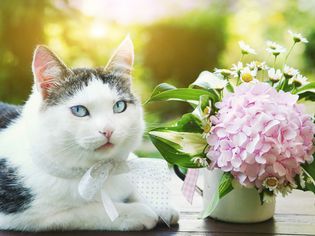

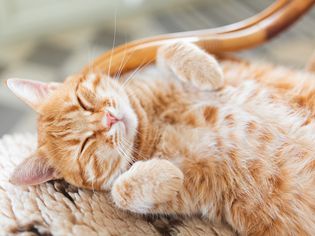
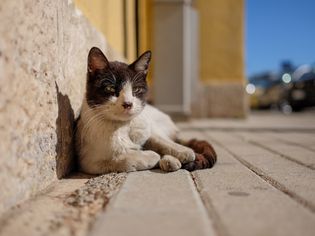
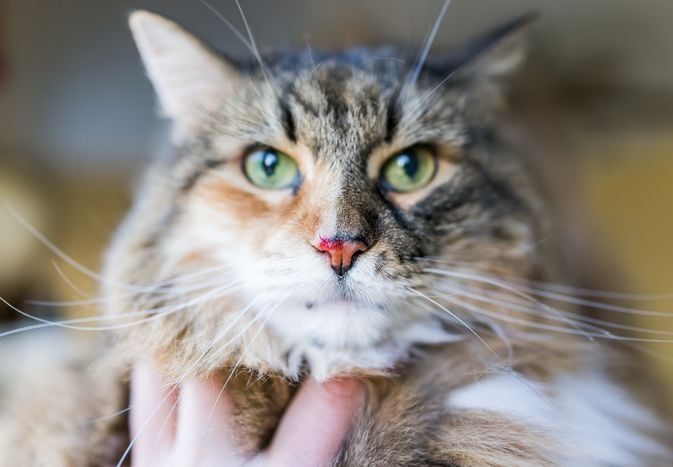
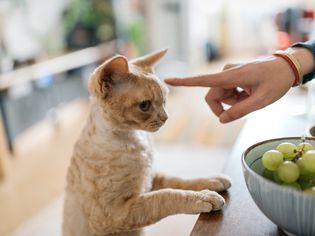

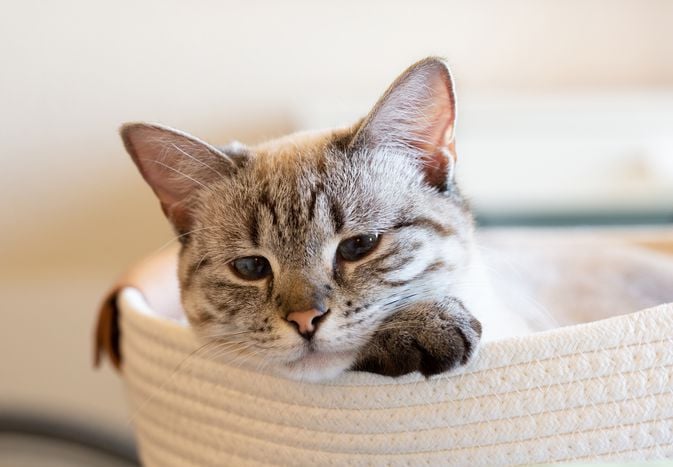
Comments on " Are Hydrangeas Poisonous to Cats?" :